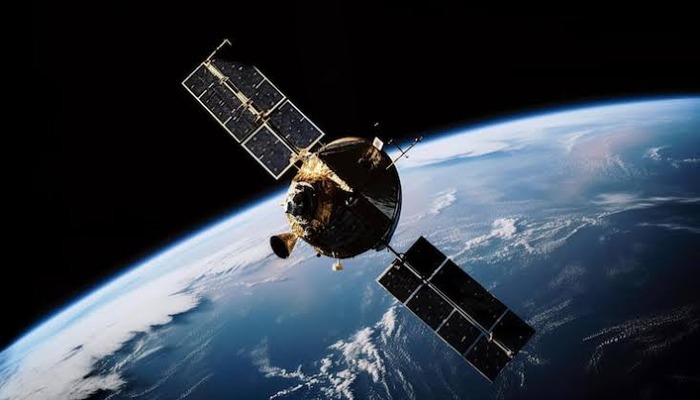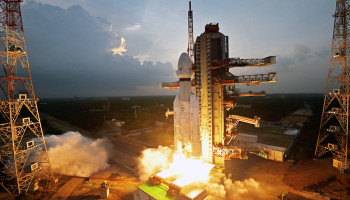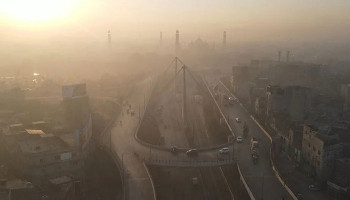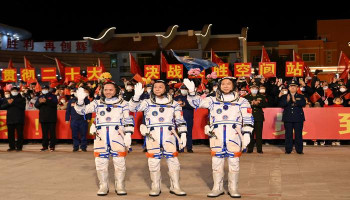
Pakistan has successfully launched a new remote sensing satellite, a project aimed at enhancing Earth observation and supporting the country in addressing concerns such as disaster relief, climate change, and food security.
The launch of the satellite took place on Thursday at China's Xichang Satellite Launch Centre (XSLC), with the Kuaizhou‑1A rocket carrying the satellite into orbit.
Pakistan's new remote sensing satellite
Notably, the project was carried out by SUPARCO, Pakistan's national space agency, with partners the China Electronics Technology Group Corporation (CETC) and MICROSAT China.
The foreign ministry stated that the satellite would acquire high-resolution images 24 x 7 of Earth that will be an asset to sectors such as urban planning, agriculture, water resources, and environmental protection.
“This achievement reaffirms Pakistan’s standing in the community of spacefaring nations,” the Foreign Office said in a statement, adding that the mission is part of an integrated Earth observation system aimed at driving socio‑economic development.
Officials said the new satellite will also improve early warning systems to help the country respond faster to environmental risks and natural disasters.
Deputy Prime Minister and Foreign Minister Senator Mohammad Ishaq Dar praised the engineers and technical teams from SUPARCO and its Chinese partners for their “exemplary cooperation and unwavering commitment.”
Minister for Planning and Development Ahsan Iqbal called it “another proud moment” for the nation, saying the launch “not only strengthens our space exploration capabilities but also takes the Pakistan–China iron brotherhood beyond the skies.”
















